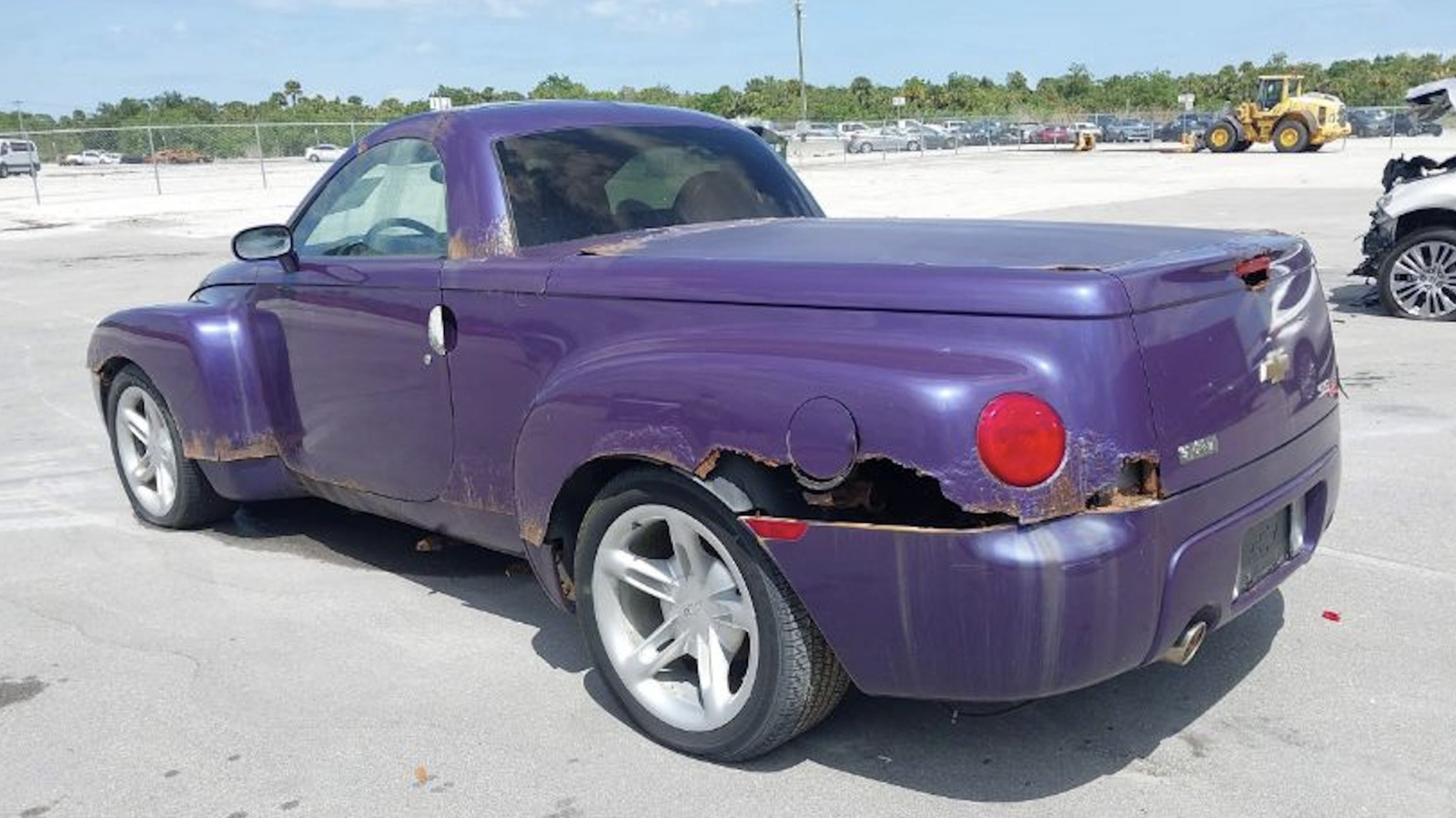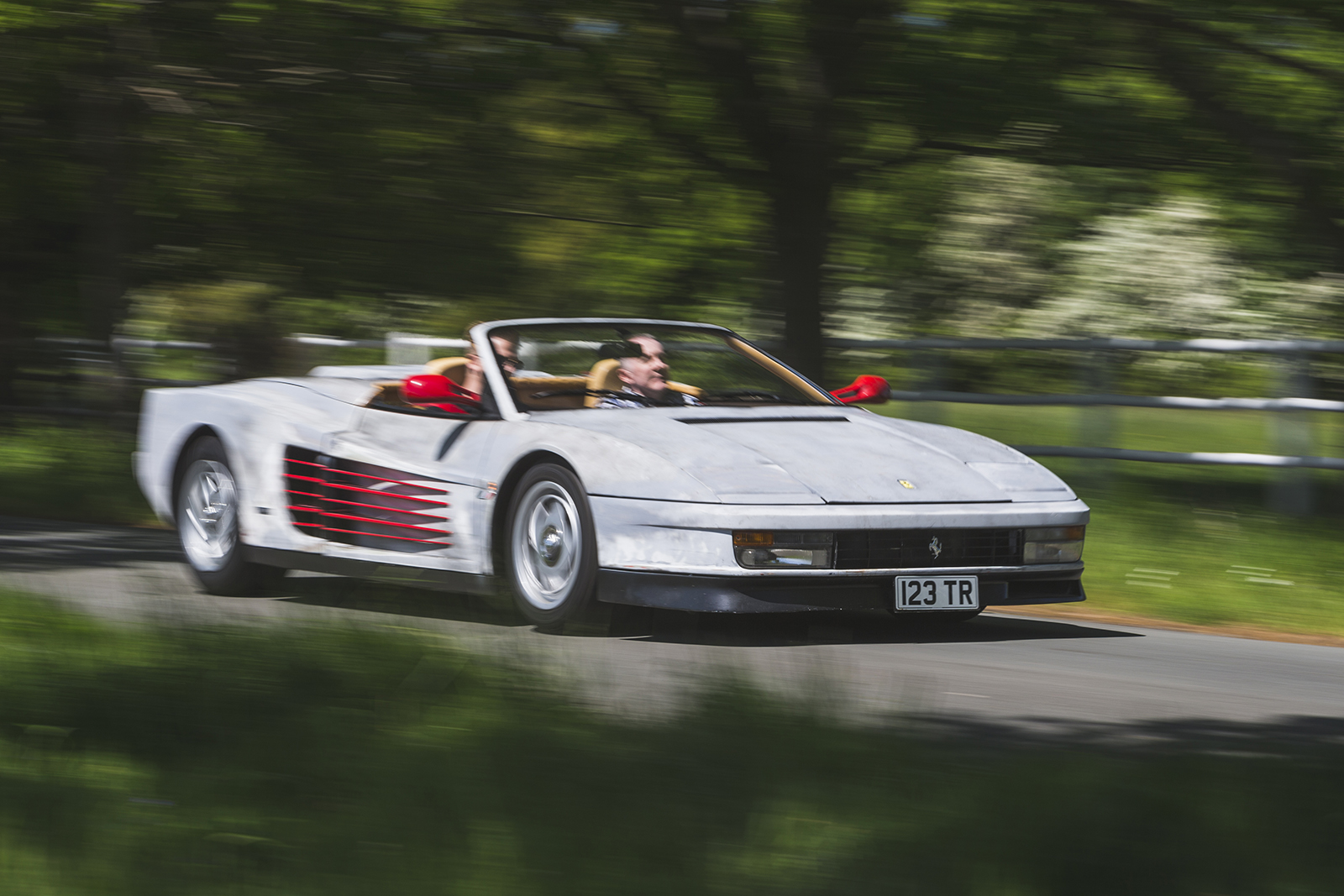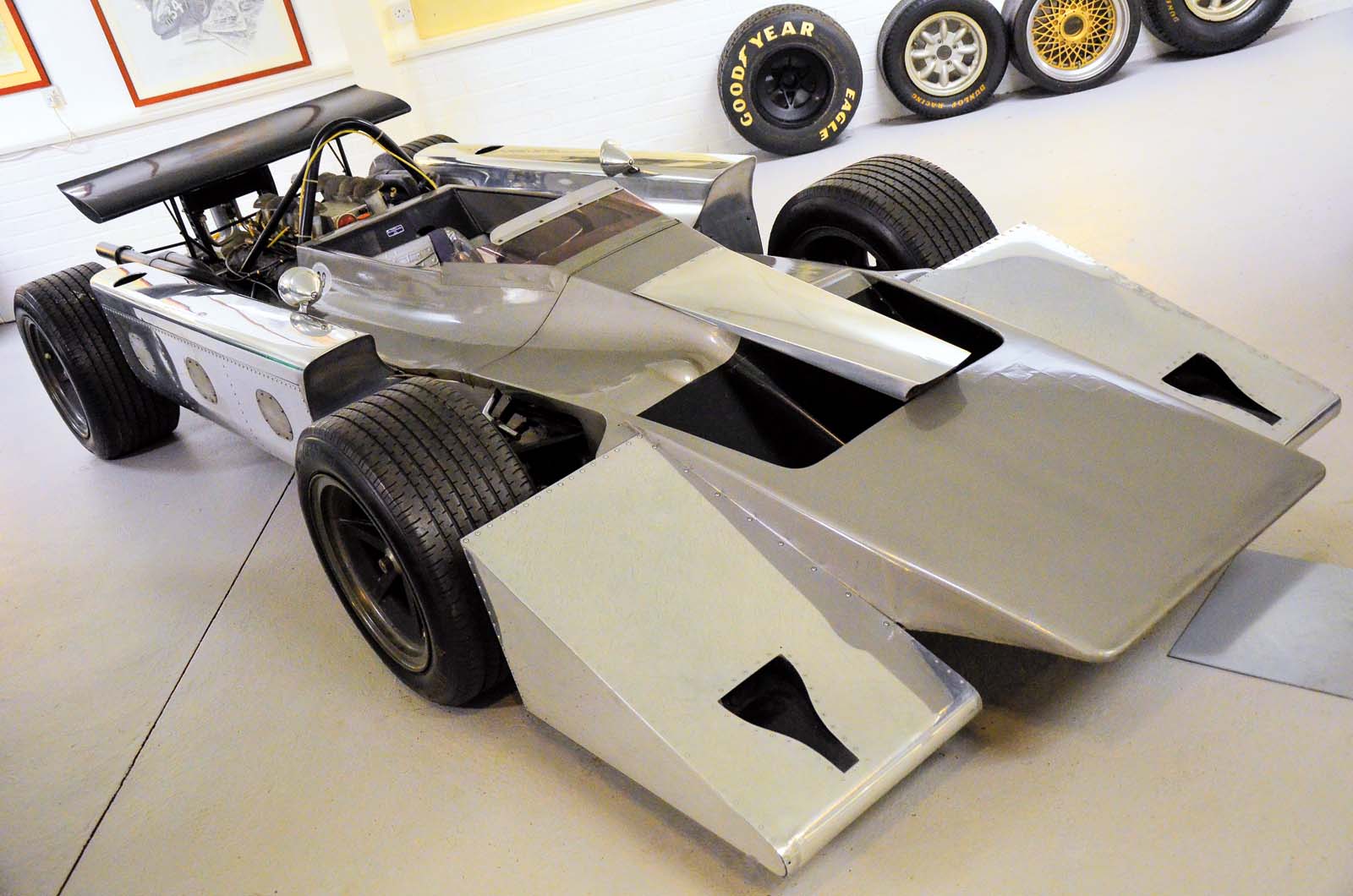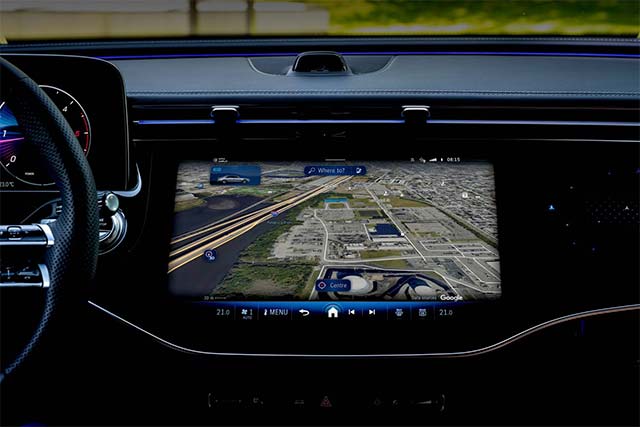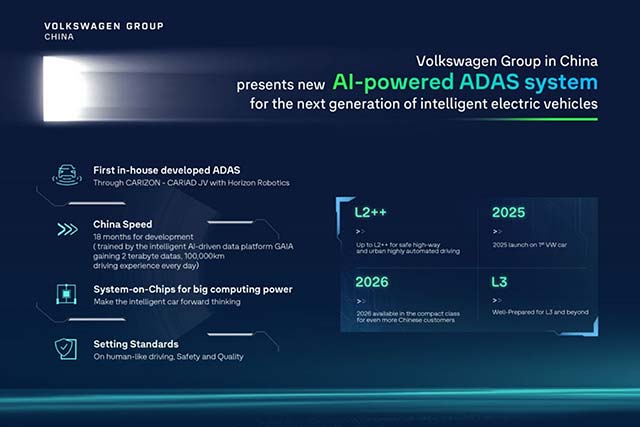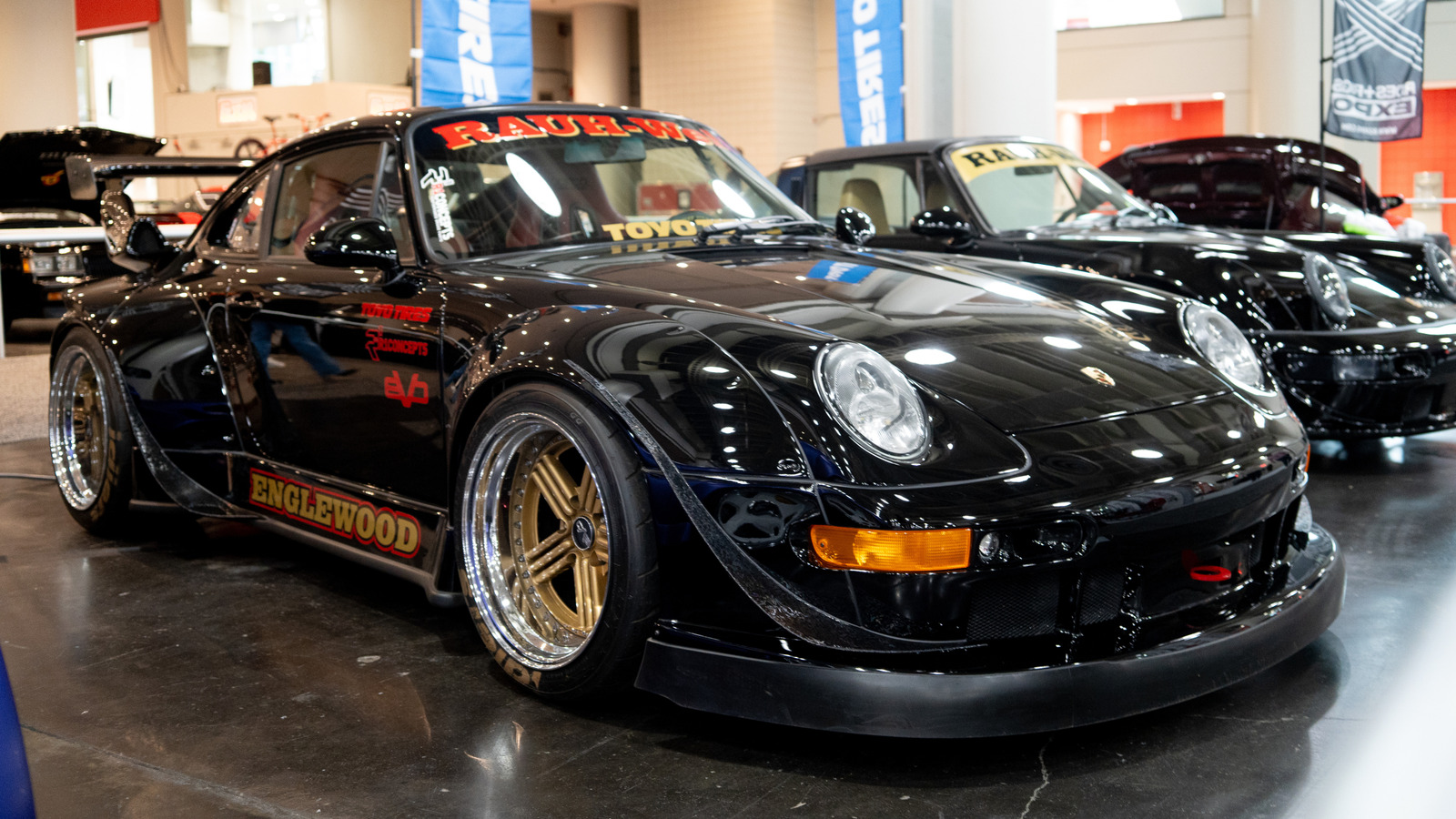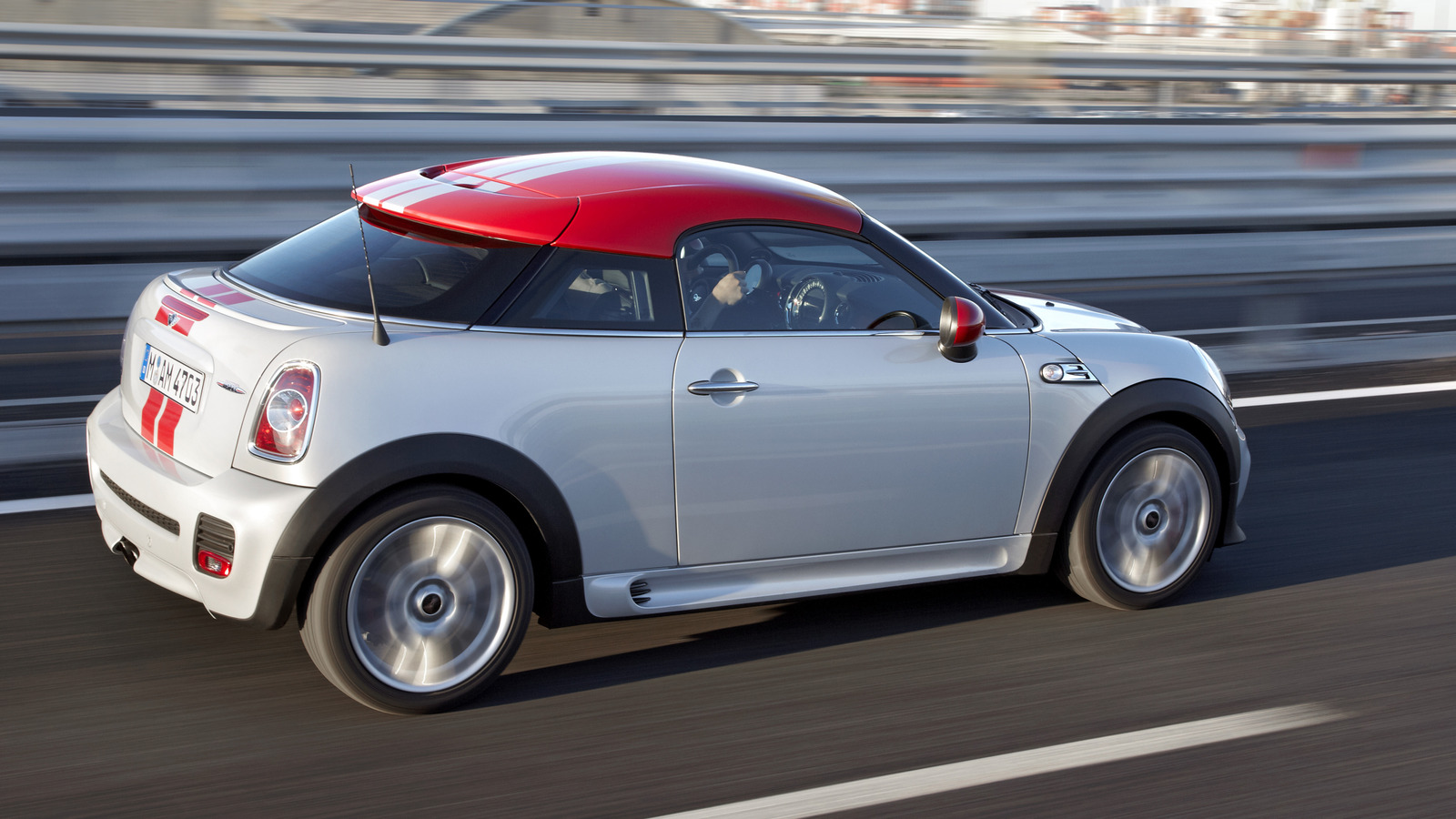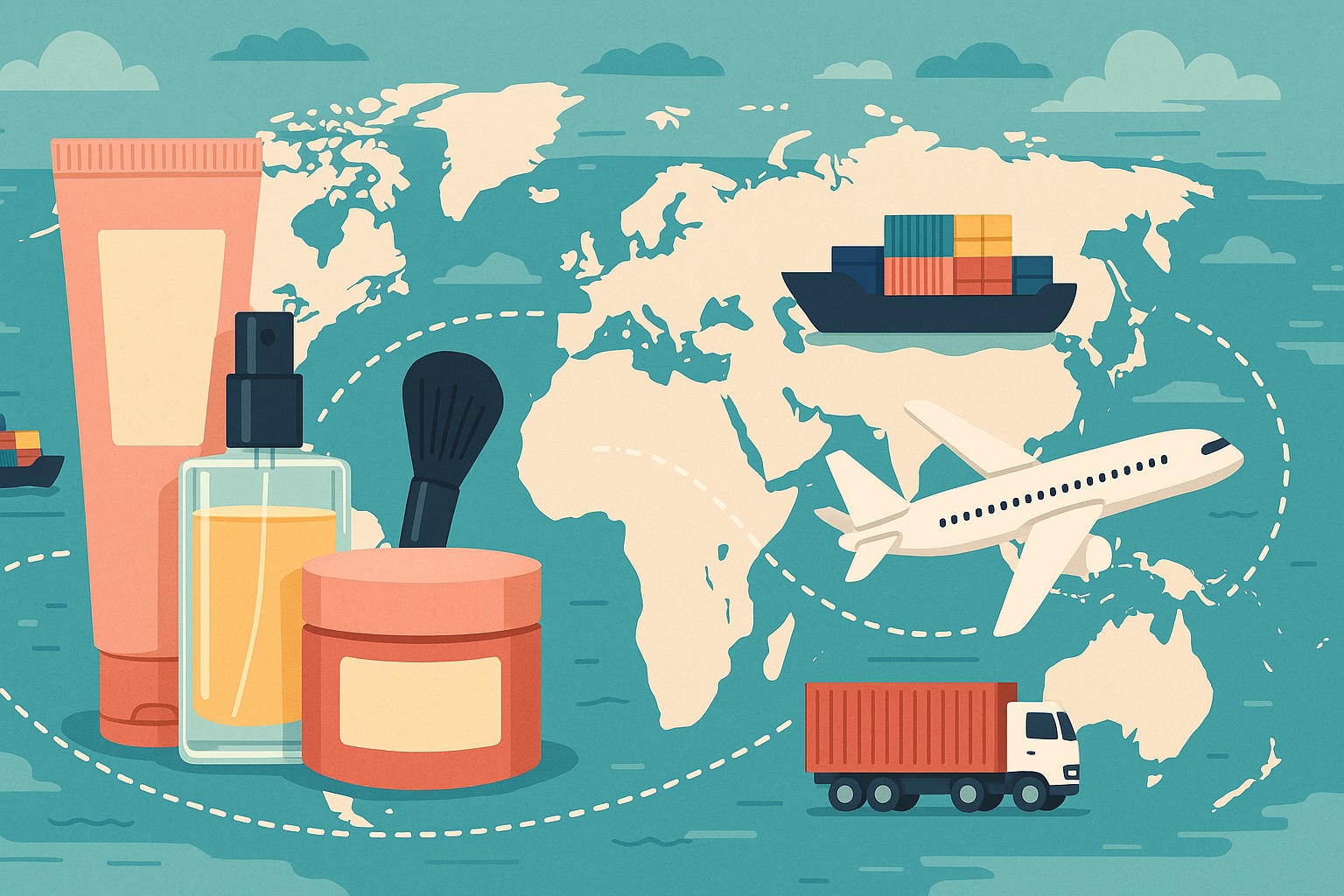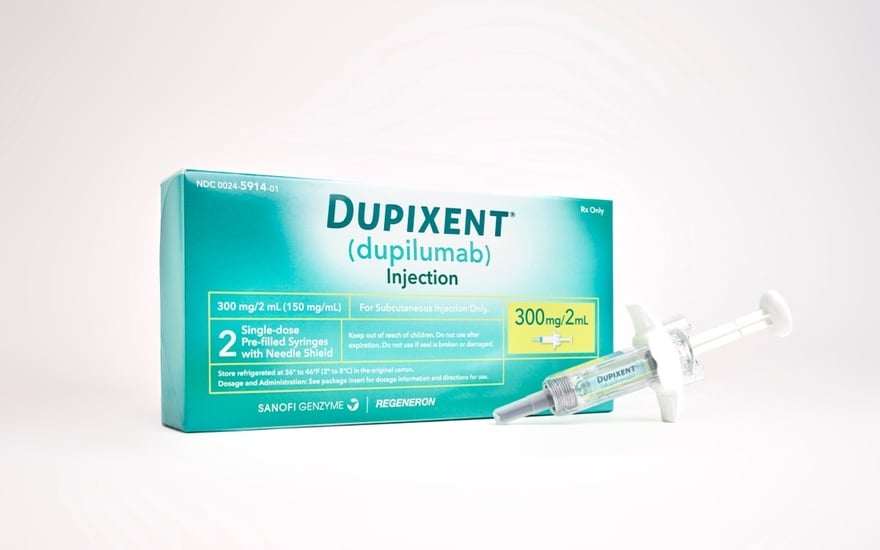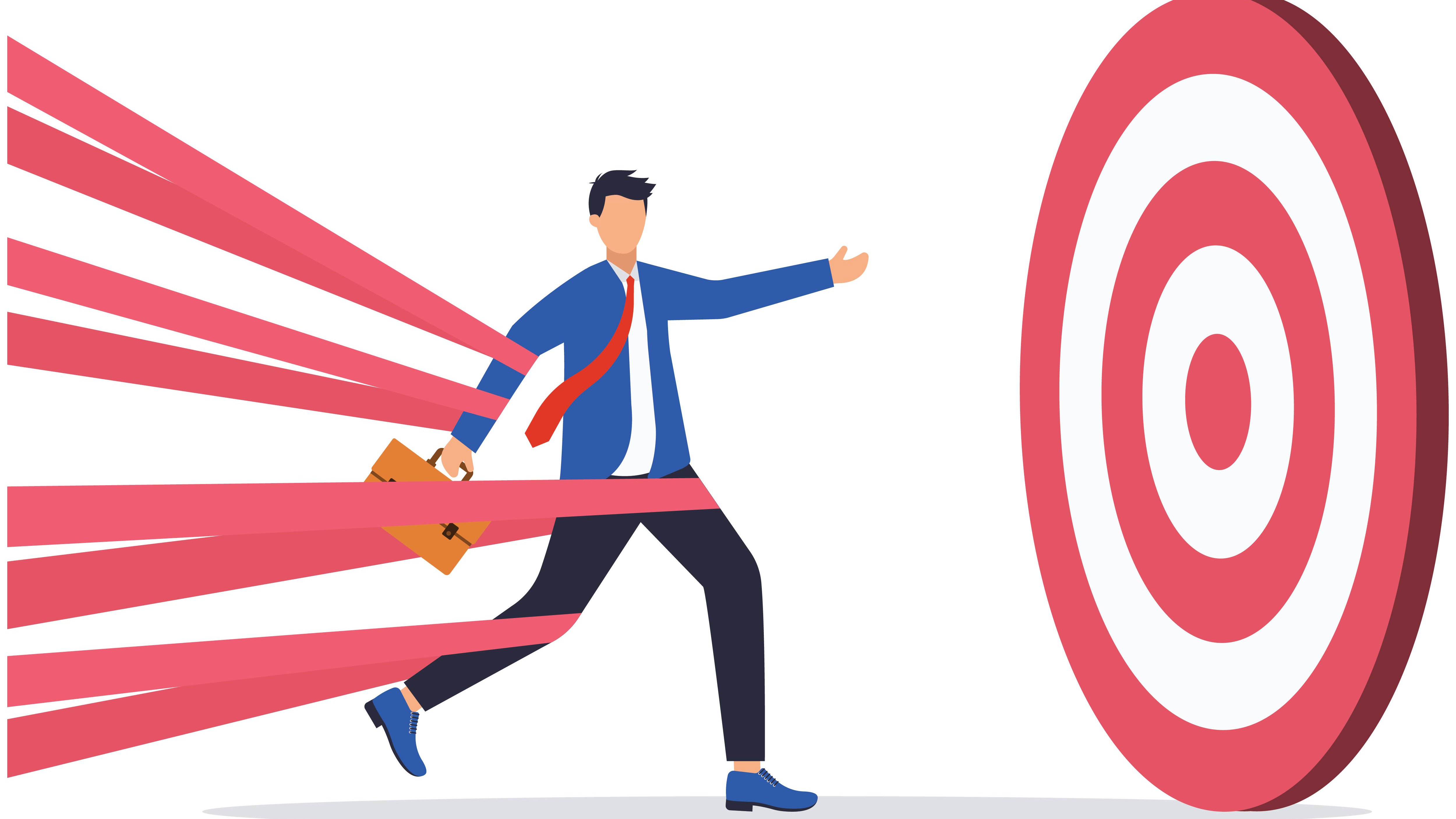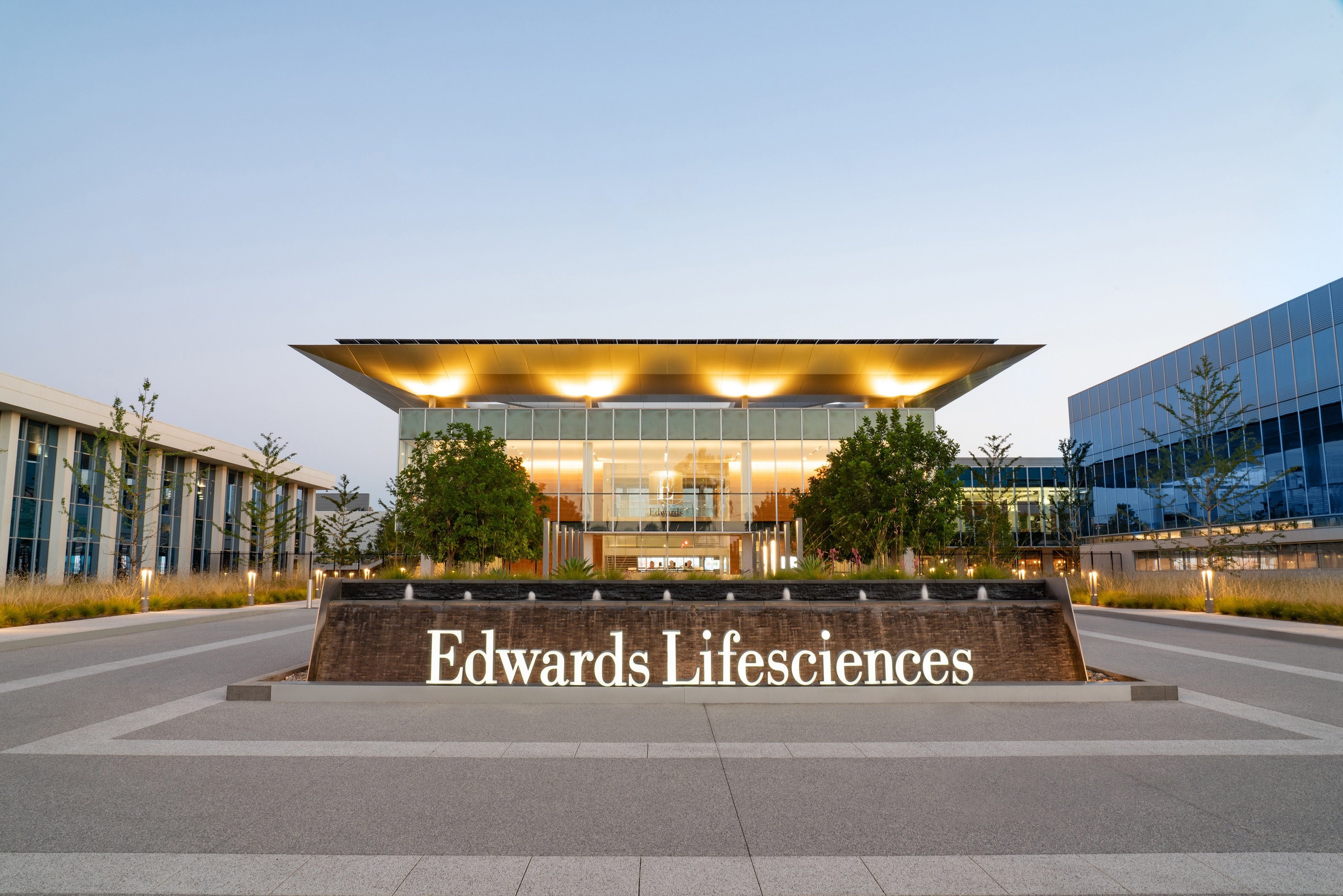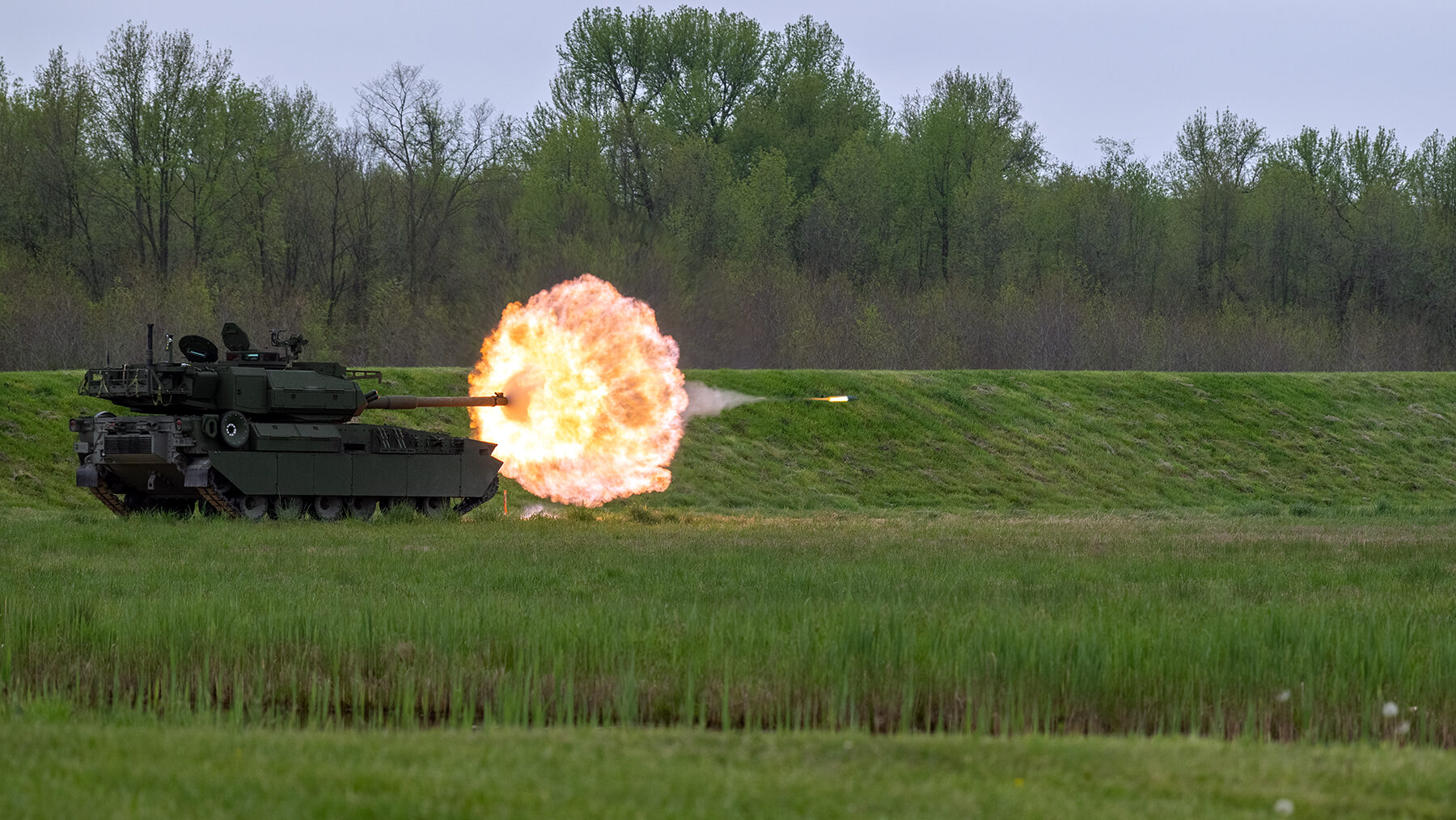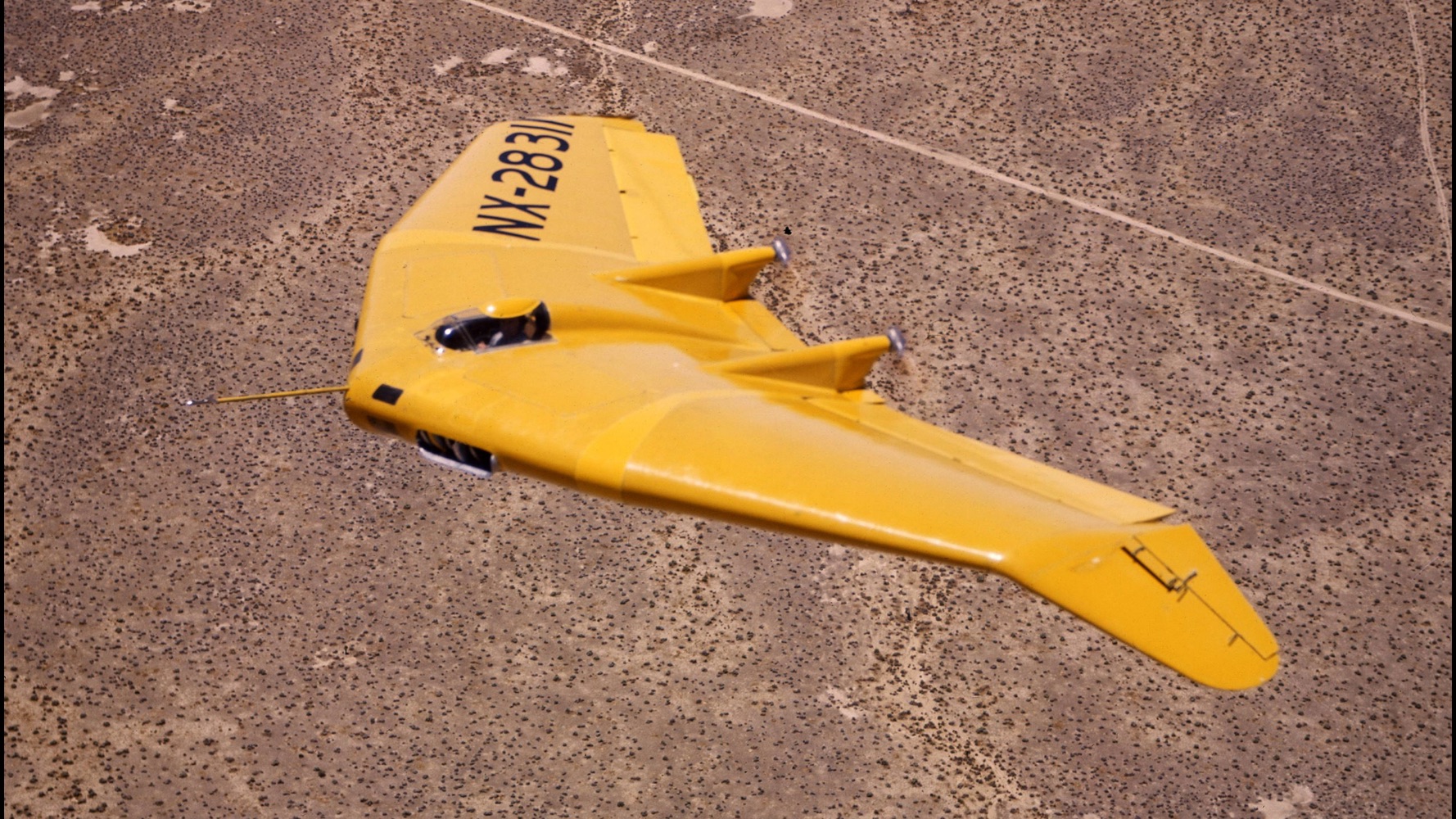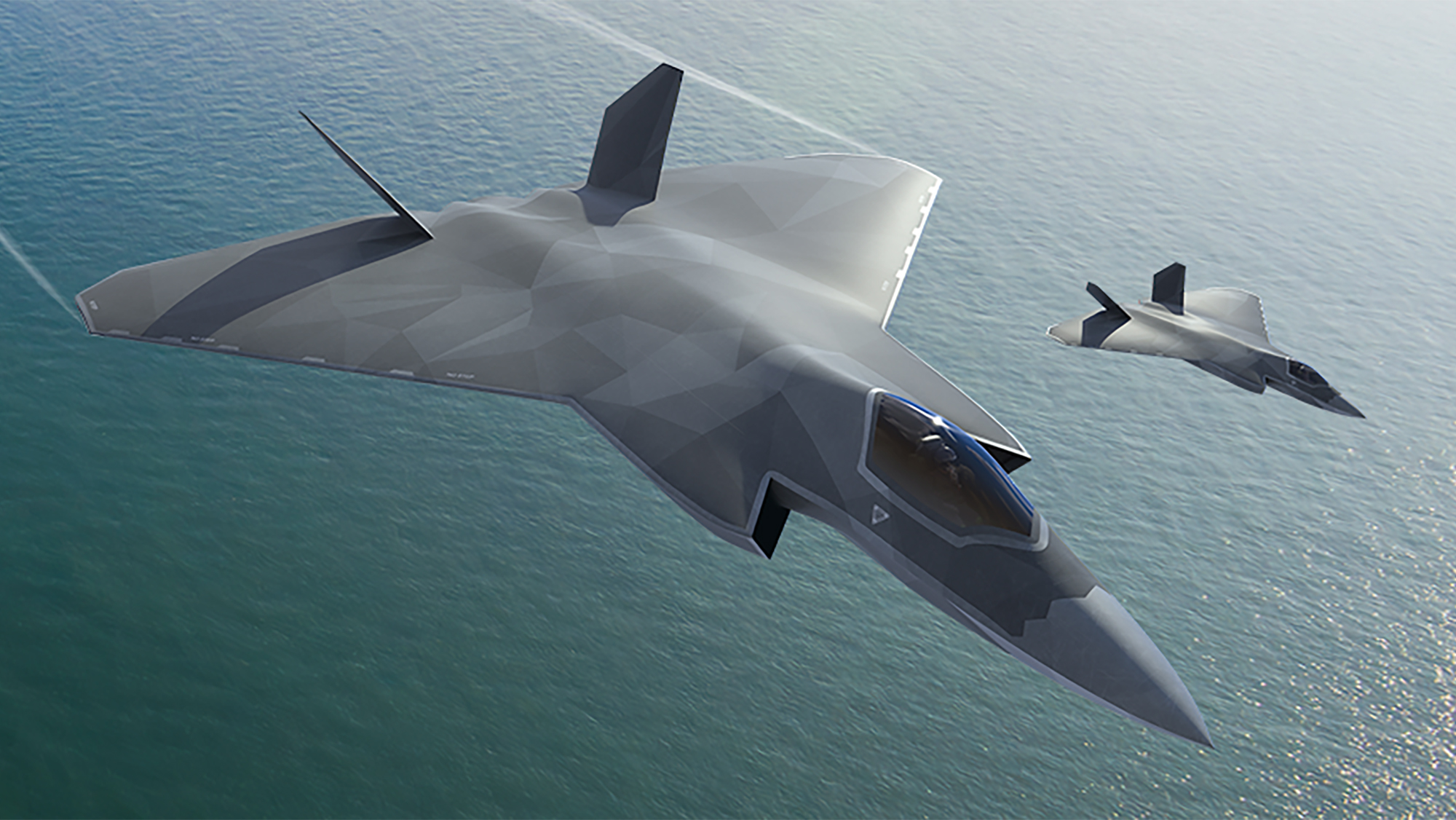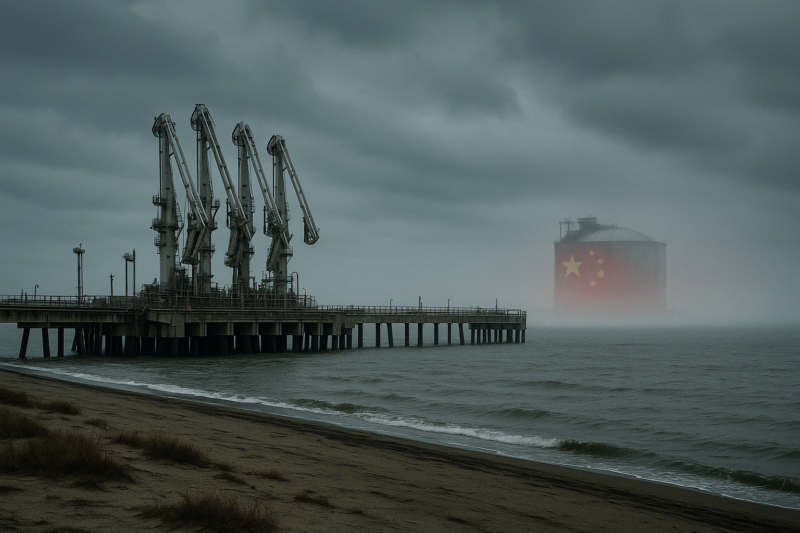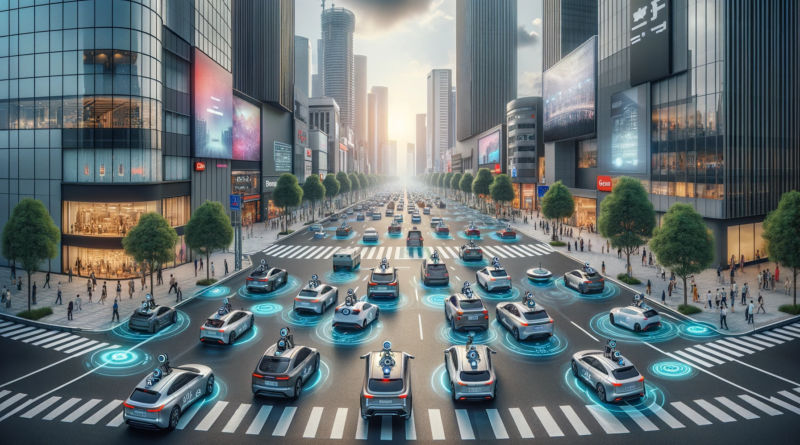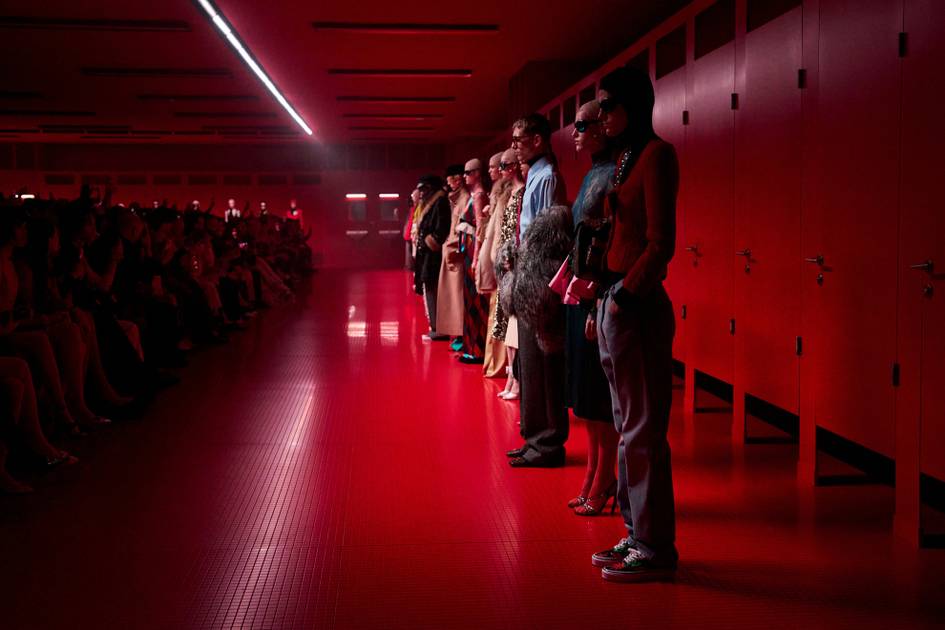AI in alcohol: the good, the bad and the hilariously unpredictable
There was a time when choosing a bottle of wine meant either sticking to a familiar favourite or enduring the slightly panicked look of a sommelier when you mispronounced "Gewürztraminer." Now, thanks to artificial intelligence, the decision could be made for you before you've even walked into the shop. Welcome to the brave new world of AI in alcohol, where machines claim to know our drinking habits better than we do. The post AI in alcohol: the good, the bad and the hilariously unpredictable appeared first on The Drinks Business.
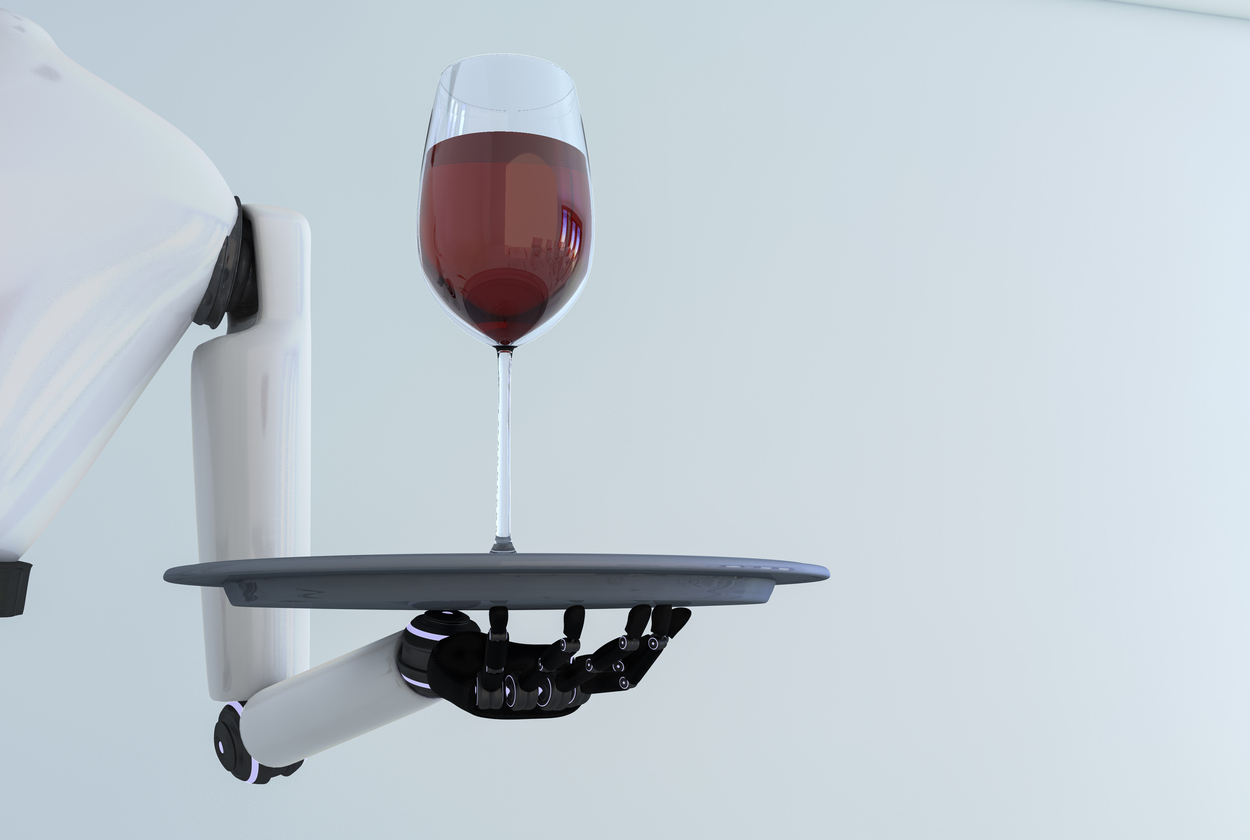
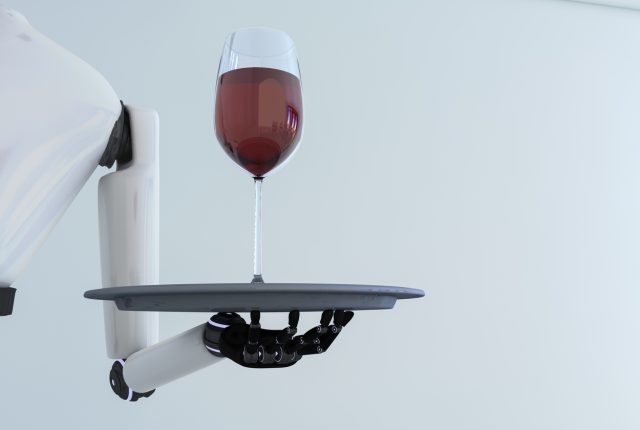 A new study, featuring insights from Brown-Forman’s Amit Parulekar and published by NABCA, explores the growing influence of AI in the drinks industry. From optimising production to predicting consumer trends with unnerving accuracy, AI is already transforming how we make, sell and consume alcohol. But as with any technology, there are risks and not all of them can be solved by a well-timed top-up.
A new study, featuring insights from Brown-Forman’s Amit Parulekar and published by NABCA, explores the growing influence of AI in the drinks industry. From optimising production to predicting consumer trends with unnerving accuracy, AI is already transforming how we make, sell and consume alcohol. But as with any technology, there are risks and not all of them can be solved by a well-timed top-up.
The bold new frontier
According to the report, AI is making waves across the beverage alcohol world, bringing innovation and efficiency to every corner of the industry. Key developments include:- Winemakers using AI to predict harvest quality – machine learning is analysing environmental conditions to improve grape yield forecasts, theoretically reducing the likelihood of disastrous vintages
- AI-powered distilleries – real-time monitoring systems are ensuring batch consistency, meaning that your favourite whisky is less likely to suffer from a particularly rebellious cask
- Chatbots and recommendation engines – AI-driven customer service tools now suggest wines for your dinner party, although they still struggle with understanding that your guests are an unpredictable mix of staunch Merlot devotees and natural wine evangelists
- Generative AI for marketing and product design – AI is now responsible for crafting brand stories and inventing new spirits, perhaps even coming up with the next big cocktail trend before bartenders do.
The risks
For all its potential, AI in alcohol is not without its hazards. The study points out several key concerns:- Data dependency – AI needs high-quality data to function well, yet many beverage alcohol businesses still operate with fragmented and outdated systems. For instance, you can’t teach an algorithm to be a sommelier if all it has to work with is supermarket sales figures
- Regulatory and ethical hurdles – AI-generated spirits and marketing blur the lines of alcohol laws. Will an algorithm ever be held accountable for launching a disastrously bad limited-edition gin? Probably not
- The human touch problem – AI can analyse flavour profiles, but can it replicate the artistry of a master distiller? If it starts claiming to have "intuition," we should all be very concerned
- Bias and predictability – AI trained on past preferences might reinforce existing trends rather than innovate. Meaning, we might be doomed to an endless loop of overpriced orange wines











